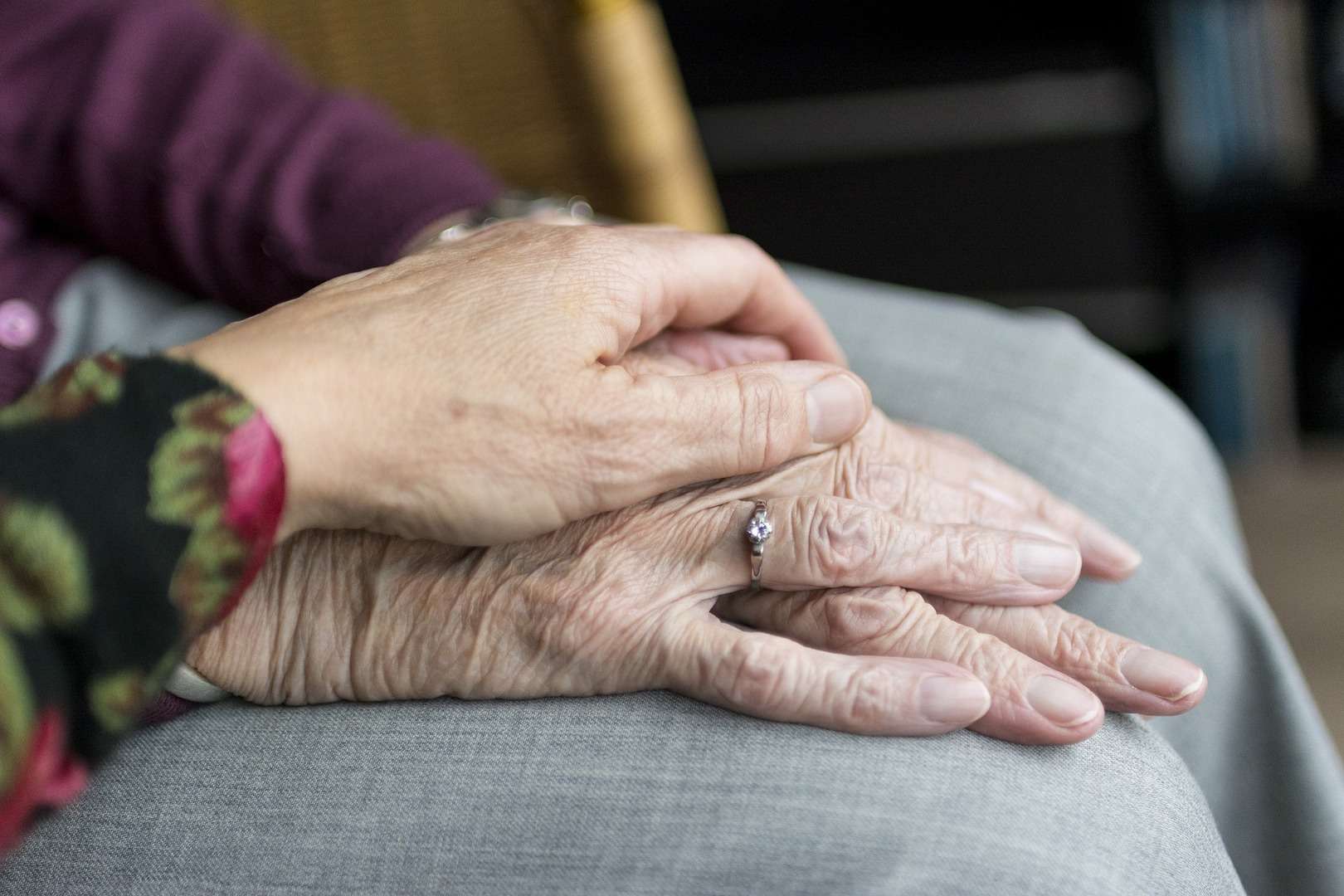If a beloved family member suddenly requires care - this can support
External editorial
1. the different degrees of care
If a family member suddenly needs more care, relatives are often entitled to financial assistance, which they can apply for from their long-term care insurance. The amount of support depends on the so-called care degree. Under the Second Care Strengthening Act (PSG II), there are five care degrees in Germany, which differ according to the impairment of independence and the need for care.
- Care level 1: minor impairment of abilities or independence, total points 1.5 to 27
- Care level 2: significant impairment of abilities or independence, total points 27 to 47.5
- Care degree 3: severe impairment of abilities or independence, total points 47.5 to 70
- Care degree 4: most severe impairment of abilities or independence, total points 70 to 90
- Care degree 5: most severe impairments of abilities or independence, very high demands on care provision, total points 90 to 100
When insured persons submit an application for care benefits to their care insurance fund, the fund commissions an expert from the regionally responsible Medical Service (MDK) to carry out the care assessment. This assessor checks whether the requirements for the need for care are met and, if so, which degree of care is available for the person concerned.
For this purpose, the assessor assigns points for the six categories mobility, cognitive and behavioral, self-care, treatment and therapy, and daily living. An entitlement to support exists for a total score of at least 12.5. In addition, the assessor checks whether services for prevention or rehabilitation are recommended and whether the provision of care aids is appropriate.

Persons in need of care are those who have health-related impairments of abilities or independence and therefore require assistance.
2. possibilities of care
After the care degree of the family member to be cared for has been determined, the question arises as to how care should be provided. Is care at home possible, should the person receive outpatient care, or is a nursing home a viable option?
Home care by a caregiver
Home care offers many advantages. The person in need of care is not torn away from his or her familiar surroundings. Compared to inpatient care, the costs are often lower. In addition, the care can be individually adapted to the patient.
Those who cannot or do not want to provide home care themselves often place the care in the hands of experienced caregivers. These take the necessary time to care for the affected family member in the home environment.
Care by family members
Those who feel mentally capable can also take over the care of the family member themselves. However, the compatibility of care and work plays an important role here. In Germany, employees who care for a close relative at home are entitled to caregiver leave in accordance with Section 7 (1) of the Caregiver Leave Act (PflegeZG).
This is a partial or complete leave of absence from work paid by the employer, which the caregiver can take for a period of up to six months. The entitlement to caregiver leave applies to all care levels. It is important to note that the entitlement only applies to employers with more than 15 employees. Incidentally, care leave can only be terminated prematurely if the employer agrees.
In addition to the great emotional strain, the caregiver must also reduce or even give up his or her own job. Spontaneity in everyday life is also usually lost. That is why it is important to be honest with oneself and, if necessary, to consider inpatient care in a nursing home.
Nursing home
Full inpatient care in a nursing home offers the advantage that the person in need of care receives excellent medical care with all necessary medication around the clock. In addition, he or she is integrated into a social environment. A barrier-free everyday life can be arranged for the person in need of care in accordance with the level of care required.
Compared to home care, however, the costs for inpatient care are significantly higher. Depending on the level of care required, care costs up to 3,000 euros per month. The person in need of care may feel lonely in the nursing home because they have less contact with their family. There is often only one room as a place of retreat.
If the person in need of care does not feel comfortable in the nursing home, other forms of care may be considered, for example:
- Assisted living
- Outpatient care by a nursing service
- Retirement home
- Residential care groups
- Senior living communities
- Senior residences
Which form of care is suitable always depends on the severity of independence and impairment.

Home care provides loving care in familiar surroundings by experienced caregivers.
Enabling self-determined living
Most people in need of care wish to remain at home in their familiar surroundings. Depending on the illness or the need for care, this is often even possible in conjunction with home care - for example, through barrier-free conversion of the home.
For these so-called "measures to improve the living environment", which have to be carried out due to an existing need for care, the insured persons receive a subsidy from their long-term care insurance. The insurance pays the subsidy if
- home care is possible in the first place as a result of the modification,
- a conversion significantly facilitates home care and prevents the person providing care and the person in need of care from being overtaxed, or
- the conversion measures ensure that the person in need of care can once again lead as independent a life as possible and is thus less dependent on a caregiver.
All insured persons are entitled to this financial support for conversion measures, irrespective of the existing care level. Here, too, an assessor checks whether there is a need.
Long-term care insurance pays, for example, for conversion measures that bring about an adaptation of the living area to the needs of the person in need of care. This includes, among other things, the installation of a floor-level shower, the installation of a new bathtub or installed ramps and door widenings. It also includes technical aids, such as furniture that is individually redesigned or procured, and lowerable furnishings.
Sources
Kurt Weber
Last updated on 03.11.2022
Your personal medication assistant
Browse our extensive database of medications from A-Z, including effects, side effects, and dosage.
All active ingredients with their effects, applications, and side effects, as well as the medications they are contained in.
Symptoms, causes, and treatments for common diseases and injuries.
The presented content does not replace the original package insert of the medication, especially regarding the dosage and effects of individual products. We cannot assume liability for the accuracy of the data, as the data has been partially converted automatically. Always consult a doctor for diagnoses and other health-related questions.
© medikamio